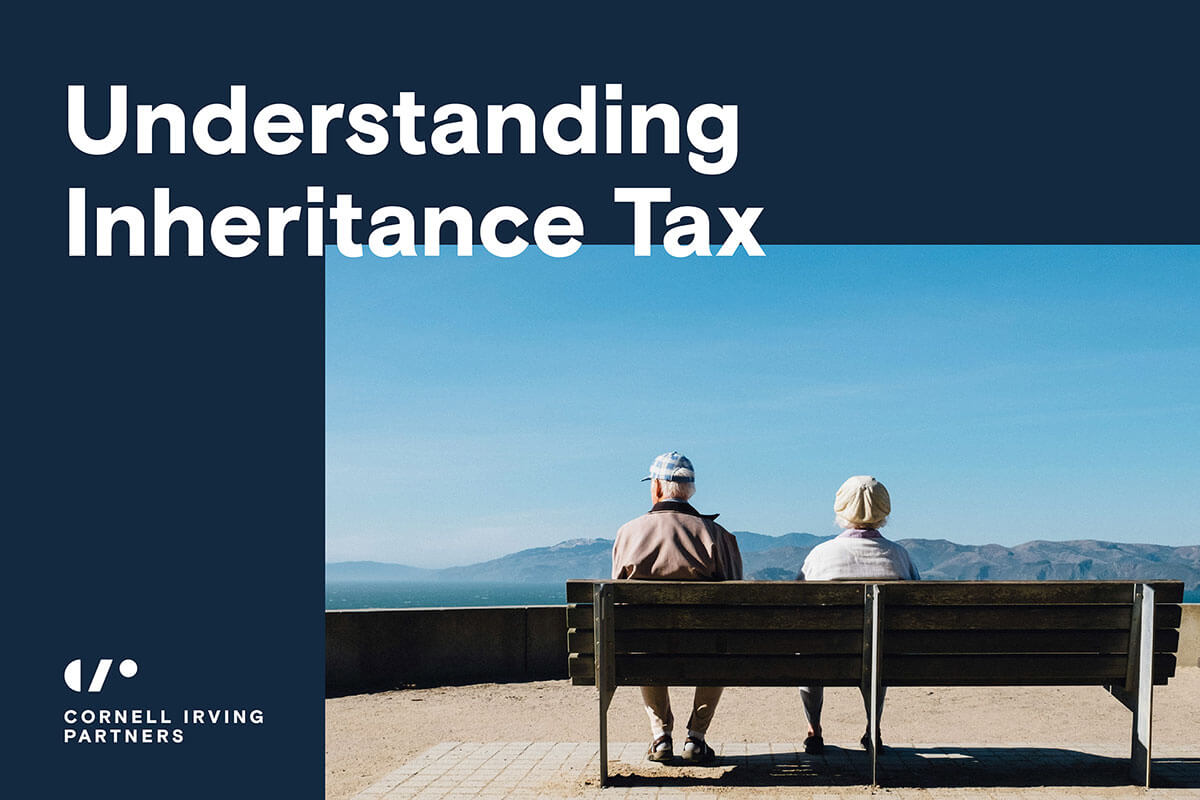We're going to cut straight to the point with what you need to know about Salary Sacrifice, as an employee or employer.
Let's get into it.
What is Salary Sacrifice?
Salary sacrifice is a term commonly used in the context of employee benefits and compensation. It refers to an arrangement where an employee agrees to give up a portion of their salary or wages in exchange for certain non-cash benefits provided by their employer. This can include things like additional superannuation contributions, vehicles or even childcare fees.
How does Salary Sacrifice work?
The concept of salary sacrifice can be beneficial for both employees and employers, as it allows employees to receive certain benefits with potential tax advantages, while employers can offer these benefits at a lower cost.
We will explore the concept of salary sacrifice in more detail and discuss its potential pro's, con's and considerations so you can take advantage of salary sacrifice for your situation.
Benefits of Salary Sacrifice
Salary sacrifice offers several benefits for both employees and employers.
Under an effective salary sacrifice arrangement:
- The employee pays less income tax on their reduced salary or wages
- The employer offer benefits at a lower cost, and attract and retain skilled employees
For employees
Salary Sacrifice allows employees to receive certain non-cash benefits in exchange for a portion of their salary or wages.
By participating in a salary sacrifice arrangement, employees can potentially lower their income tax bracket and essentially 'buy' the benefit in pre tax dollars.
For example, leasing a car through salary sacrifice could give employees a company car and lower their taxable income.
For employers
Employers can offer these benefits at a lower cost, which is appealing for attracting and keeping skilled workers.
Overall, salary sacrifice can be a win-win situation for both employees and employers, offering financial advantages and flexibility.
Some employers such as not-for-profit organisations, religious institutions and public hospitals are able to provide greater tax effective salary sacrificing options to their employees, than is available to most other employers.
What Can I Salary Sacrifice?
The most common salary packaging items are:
- salary sacrifice for superannuation
- loans (usually for a vehicle)
- private health insurance
- school fees
- childcare fees
It is crucial that these benefits constitute a component of your overall compensation, effectively substituting what would otherwise be received as salary.
By participating in a salary sacrifice arrangement, employees can potentially enjoy certain benefits with tax advantages. For example, contributing additional funds to their superannuation can help them save for retirement while reducing tax.
Similarly, leasing/financing a car through salary sacrifice can provide employees with the convenience of a company car while potentially reducing their taxable income.
It is important to note that not all salary sacrificing arrangements are of benefit to the employee and can result in more overall tax being paid. Employees should carefully consider their situation and consult with their employer and accountant.
Types of Salary Sacrifice
Fringe Benefits
Some salary sacrificed benefits are considered fringe benefits. This means you may have to pay fringe benefits tax (FBT) on the value of these benefits provided to your employee.
A fringe benefit refers to an additional perk provided by the employer, offered alongside the employees regular wage or salary or in exchange for sacrificing a portion of their salary through a salary sacrifice arrangement.
Typically, the benefit can extend to the employee, their spouse, or their children. The responsibility for any applicable tax (FBT) on these benefits that the employee and/or their family receive lies with the employer, not with the employee.
Common fringe benefits include:
- cars
- vehicle loans
- shares
Exempt Benefits
However you don't pay FBT on exempt fringe benefits, such as the following work-related benefits:
- portable electronic device
- tool of trade
- protective clothing
- computer software
Superannuation
Under an effective salary sacrifice arrangement, salary sacrificed super contributions are considered employer contributions. If you make these out to a complying super fund they are not considered fringe benefits.
Salary sacrificed super contributions are additional super contributions on top of the ordinary contributions an employer is required to make. You should consult your accountant and your superannuation provider prior to entering into a salary sacrifice arrangement for your superannuation as there are contribution restrictions and sometimes situations where it may result in more overall tax being paid.







